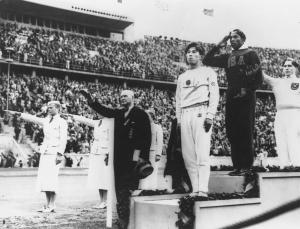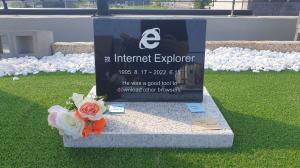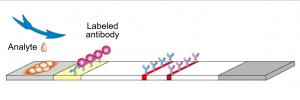There was something big going on in Gwangju, in May 1980, which nowadays is called the “May 18 Gwangju Democratization Movement.” Including this day, some historical events are not just a thing of a past. There are people who continuously reconstruct them in books, films, comics and in various other ways. They try to keep history alive by remembering it and giving messages to audiences. We will see what happened in Gwangju in May 1980 through three works describing the situation. For a clear understanding, we will first see how the Gwangju Movement occurred and then figure out what the works are trying to tell us. To start off, let’s rewind the clock back to 1979 in Korea.
In 1979, President Park Chung-hee was killed by his right-hand man Kim Jae Kyu. President Park had seized power in a coup d'etat and stayed as president for 16 years. After his death, people began to hope for a democratic government. But Chun Doo-hwan, led a military coup on December 12nd. On May 17th, 1980, he invoked martial law, dissolved the National Assembly and imprisoned key figures of the democratic party. Also, he banned all kinds of political demonstrations and ordered all universities to close. The next day, on May 18th, students of Chonnam National University, located in Gwangju started a demonstration against the government’s decision to close schools. The government sent the Army to end this demonstration and soldiers attacked the students mercilessly. This had angered the Gwangju citizens to join the demonstration and they demanded that President Chun dissolve martial law, resign from the presidency and release the figures of the democratic party.
In my opinion, the most distinctive feature in this movie is laughter. In the works on the Gwangju movement laughter is a taboo since so many people got killed or seriously injured. But this movie is different. The comic lines and situations do not diminish the great deeds of civilians but deeply impresses the audience. The civilians were no saints. They were just like us, just ordinary people. But they did not stop fighting for what they thought was right. And this makes their deaths heartbreaking and noble.
With so many people killed and injured by the Army’s gunfire, the people in Gwangju organized a civilian army. What happened after is expressed in the book
The greatness of this book is in the detailed description of the characters’ minds. Seven chapters each have a narrator, and readers can read through the different thoughts and feelings of each character who encounter the painful present. The line which Dong-ho’s mother monologized expresses the feeling of the family left behind: “After your death, I couldn’t manage your funeral, so my whole life became a funeral.” The inerasable memory and loss are still in the heart of those who lost their family in the days of Gwangju.
The Gwangju Democratization Movement was a failure. The citizens could not stop Chun Doo-hwan from becoming president. But it was the start of national-scale demonstrations and the achievement of democracy, in 1987. Nowadays, people know that it was a revolution, not a rebellion. But there are unsettled problems left and the webtoon <26 Years> deals with these. Chun Doo-hwan, who sent the Army against civilians and brutally murdered them was sentenced to death but pardoned after only two years in prison for national unity. He never apologized for nor regretted his actions, not even conceding any guilt. In the webtoon, the daughters and sons of Gwangju gathered up for revenge. Their lives had been destroyed by the deaths of their parents during the Gwangju Movement and they suffer from their loss. Chun Doo-Hwan’s shameless attitude and lack of judicial justice rubbed salt in their wounds. The law had put them down. So, they started their own righteous revenge.
The impressive point of this webtoon is the contrast between the two former soldiers, who were sent to Gwangju. They both received orders and killed civilians in Gwangju and both felt extreme guilt. But one regretted what he had done and sincerely apologized for his wrongdoings. The victims forgave him and his burden was relieved in the end. However, the other one justified his wrongdoing and deceived himself for the rest of his life. He could not get the salvation of his conscience for realizing the truth too late.
History lives in the memory of those who remember it. But some are saying, “We all suffered enough. Let the past be passed away.” What nonsense! History has already become a part of us. In the democracy and freedom that we are now relishing, there flow the blood and tears of the people. Each person will remember history in their own way. Some will reconstruct the historical events in various forms and others will appreciate those. I hope the readers of
Lee Jumi can9803@naver.com
<저작권자 © 홍익대영자신문사, 무단 전재 및 재배포 금지>





